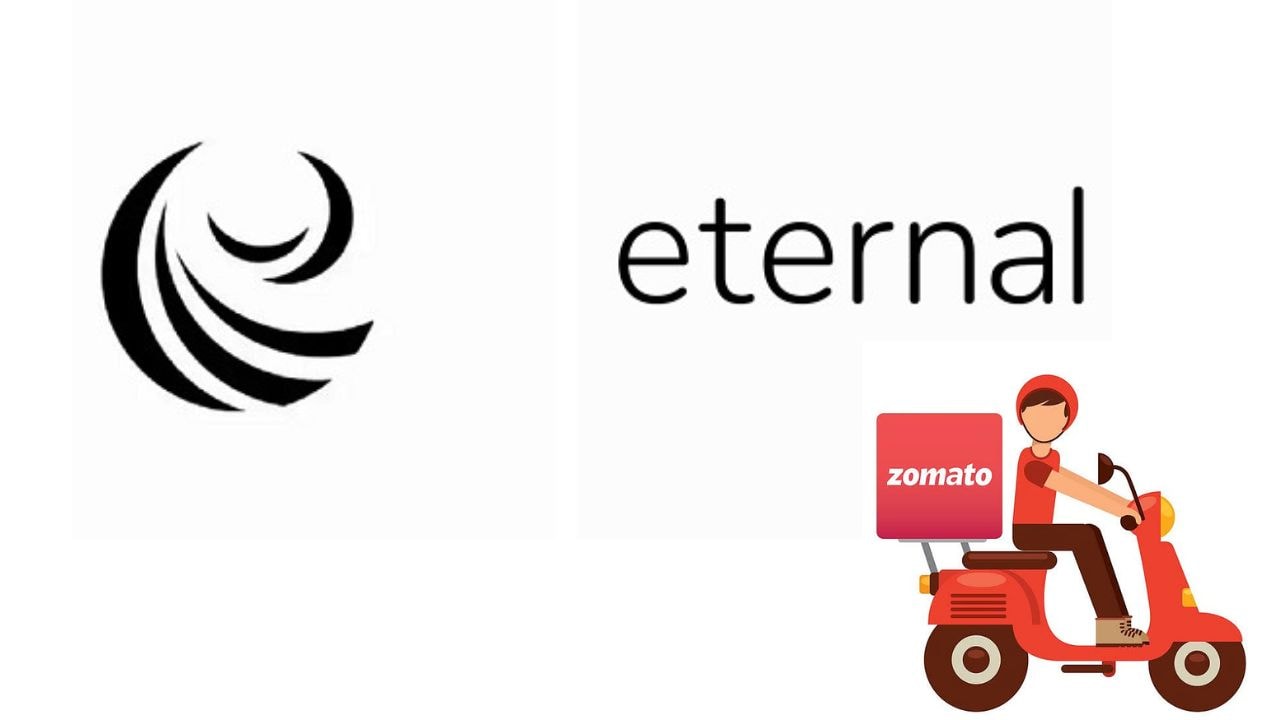In a world where names carry significant weight, the question of what truly lies behind a brand name remains a subject of much debate. Harish Bijoor, a prominent brand expert, encapsulates this dilemma with a wry observation: “What’s in a name, really? Everything and nothing.” Bijoor, reflecting on Zomato’s recent rebranding from ‘Zomato Ltd’ to ‘Eternal Ltd,’ suggests the change is more about administrative housekeeping than a visible transformation for consumers. “Call it Eternal, call it Forever, call it Whatever—what’s in a brand name, really?” he quips.
The shift, announced on February 6, signals a strategic pivot for Zomato as it broadens its portfolio beyond its well-established food delivery business. The change is largely seen as an internal one and for shareholders, designed to provide clarity within the company’s structure, with little immediate impact on the consumer-facing brand. The Zomato app will maintain its identity, while the company’s stock ticker will now reflect the new name — Eternal.
Industry experts agree that the rebrand marks a critical step as Zomato prepares for further acquisitions and diversification. Lloyd Mathias, an angel investor and business strategist, points to the name ‘Eternal’ as a signal of growth, noting that it effectively helps to separate the various arms of the company. “It’s an elevating name, therefore is a good signal to investors,” he adds, emphasizing its positive potential for the market.
Samit Sinha, founder and managing partner at Alchemist Brand Consulting, downplays the importance of the name itself. He suggests that a long-standing association with one line of business can hinder diversification, something Zomato is now keen to achieve with its rebranding.
For Nisha Sampath, a brand strategist, the move from ‘Zomato’ to ‘Eternal’ offers more flexibility, positioning the company for future ventures outside the food sector. “Eternal” allows for greater freedom, she says, in contrast to the more restrictive implications of the Zomato brand, which has been strongly linked with food delivery.
This evolution is not unlike moves made by other global tech giants. Google’s transition to Alphabet in 2015 allowed the company to streamline its core operations while supporting a diverse array of subsidiaries. Similarly, Facebook’s rebrand to Meta in 2021 unified its various services under a single corporate umbrella. Zomato’s transition follows this same pattern of aligning the parent company with a broader strategic vision.
Arun Iyer, founder of Spring Capital, views Zomato’s rebranding as a typical corporate evolution, noting that when a parent company shares its name with its flagship brand, rebranding and restructuring often becomes necessary as the company diversifies. The name change, he believes, is a natural progression.
Creative consultant Bobby Pawar argues that recognition of sub-brands will depend largely on the company’s marketing efforts. “Such moves happen when you’ve achieved a certain amount of scale, and Eternal seems to have achieved that,” Pawar says. “They’re not all that worried about brand name recognition.”
K.V. Sridhar, founder and CCO of Hypercollective, emphasizes that the name shift will mainly affect stakeholders and corporate entities. For consumers, the rebranding will be largely invisible, with no changes to the user experience. “From an internal perspective, this restructuring is far more significant than it is from an external one,” he notes. “Your user experience remains the same.”
As Zomato diversifies with ventures like District and Hyperpure, the rebranding is seen as a strategic move to prepare for future growth. Moreover, with Zomato becoming the parent brand “Eternal,” this separation ensures there’s no bias toward one flagship brand and allows the parent company to support all its brands equally, according to Sridhar.
Sridhar, suggests that the decision to transition to ‘Eternal’ could pave the way for Zomato to expand into new areas like logistics, tech, and e-commerce. The company is already seeing strong revenue growth, with a 64% year-on-year increase to Rs 5,405 crore in the December quarter. However, the company did report a significant loss from its quick-commerce arm Blinkit.
Ultimately, experts agree that while the name change may seem like a subtle shift, it lays the groundwork for Zomato to eventually evolve into a full-fledged holding company, with multiple brands under its umbrella. “They’re structuring themselves as a multi-brand company for now, but one day, they might become a holding company with multiple businesses under it,” concludes Sridhar, suggesting that the rebrand is just the beginning of a larger corporate evolution.
